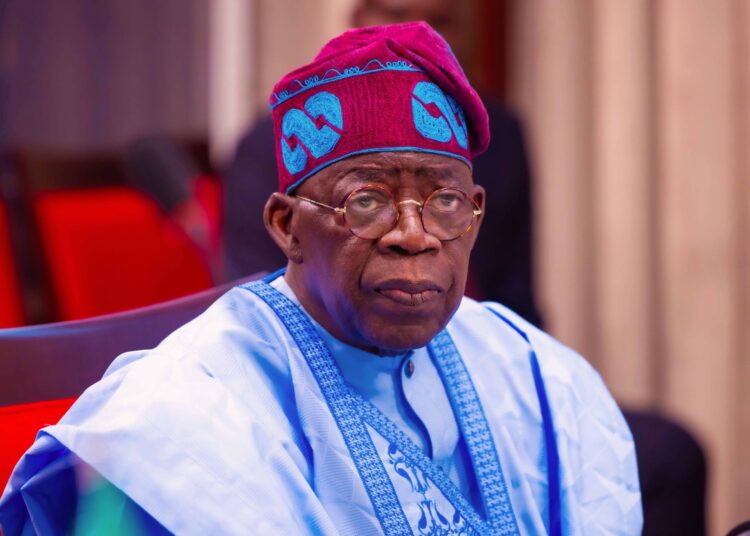President Bola Ahmed Tinubu in his inauguration speech had emphasised the need for interest rate to be reduced in the country, a position that the international bodies say would be a premature move and would set the country off the path of growth.
Over the past one year, the Monetary Policy Committee (MPC) has consistently raised benchmark interest rate in a measure to curb rising inflation which has continued to rise. Although, the last meeting of the MPC had been postponed till further notice due to the change of baton at the Central Bank of Nigeria(CBN), analysts believe the committee’s decision at its next meeting would be to further raise monetary policy rates as inflation is yet to abate.
Inflation rate in the country has so far risen to 25.8 per cent as at August with Monetary Policy Rate standing at 18.75 per cent. As the market expects that the MPC would be meeting soon, the International Monetary Fund (IMF) has warned against premature easing, saying, doing so would open up the economy to increased shocks.
Whilst the MPC of the Central Bank of Nigeria (CBN) could not hold its last meeting scheduled for September 25 and 25, 2023, its stance has in recent times been to continue to tighten. At the inception of his tenure, President Bola Ahmed Tinubu had stressed that he would work on reducing interest rates in the country, a position some analysts say the newly appointed governor and deputies of the CBN as may consider at the next meeting which is expected to hold next month.
However, the IMF, in its Africa: Special Issue launched during the just concluded 2023 Annual Meetings in Marrakech stressed the need for further tightening of monetary policy to address rising inflation.
Speaking at ta regional press conference, the IMF African Department director, Abebe Aemro Selassie, disclosed that,maintaining a further increase in benchmark interest rate is aimed at mopping up funds from the rich whilst helping the poor.
Stating that a further tightening is pro poor, he said, countries that had sustained a hawkish monetary policy had been able to address and halt rising inflation. The report released last night specifically stated that “in economies with still-elevated and persistent inflation, further mandatory tightening remains appropriate until there are clear signs that inflation is on track to meet the authorities’ inflation goals. This is critical to safeguard credibility and keep long term inflation expectations anchored.”
The report stated that “for Sub–Saharan Africa, the inflationary shock following Russia’s war in Ukraine has meant a growing number of people in situation of acute food insecurity, slowing international demand, higher borrowing costs, and ongoing exchange rate pressures—yet another shock for a continent still emerging from the COVID-19 pandemic. The region has also faced increased political instability over the past few years, with recent military takeovers highlighting the implications of fragility.”
Whilst noting that many cases, inflation remains “too high, government borrowing costs are still elevated, exchange rate pressures persist, energy prices remain volatile, and political instability is an ongoing concern,” giving four policy priorities for SSA countries.
It urged countries to reduce debt vulnerabilities, while creating space for development spending. This, it stressed, demands a delicate balance between raising revenues and protecting growth, allow the exchange rate to depreciate where needed, while also working to mitigate some of the follow-on effects of depreciation, including higher inflation and increased debt payments as well as invest in the future to improve living standards—particularly in resource intensive countries where per capita income growth is expected to remain very low. Reforms include: more investment in education, better management of resource-based wealth, improved business climate, digitalisation, and greater trade integration.
We’ve got the edge. Get real-time reports, breaking scoops, and exclusive angles delivered straight to your phone. Don’t settle for stale news. Join LEADERSHIP NEWS on WhatsApp for 24/7 updates →
Join Our WhatsApp Channel










